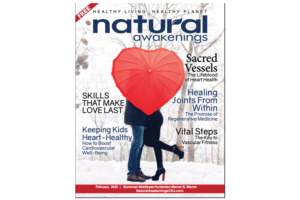What is Meditation?
Meditation is a practice where an individual uses breathing techniques along with mindfulness, focusing the mind and deliberate thought. Actual meditation can be achieved by using movement as well as focusing on particular objects, music and chanting. You can release yourself from conscious thinking leaving behind your critical mine in order to connect with your higher sources.
Meditation is an excellent way to train the mind to pay attention and gain awareness or insight on a particular subject. It opens up intuitive powers. Focus is the key here. Where some people may use the word intuition others use the word hunch. Commonly a businessman would say “I did this on a hunch.” You may have heard someone say I felt it in my gut. It doesn’t matter how you put it but it is an excellent tool to open our awareness and achieve mental clarity, emotional calmness and achieve a state of stability.
Scholars have found meditation puzzling to define, as practices vary both between traditions and within them. Meditation is practiced in numerous religious traditions. The earliest records of meditation call Dhyana are found in the ancient Hindu texts known as the Vedas and meditation plays a pertinent role in the contemplative repertoire of Hinduism and Buddhism. Today meditation is practiced in many forms including in a non-dogmatic way. Nondogmatic meditation will help you to achieve manifestation in a non-religious form as well as with whatever religion resonates with you.
Since the 19th century, Asian meditative techniques have spread to other cultures where they have also found application in non-spiritual contexts, such as business, health and manifestation.
Meditation is an excellent tool to enhance peace, enhance our perceptions and well being. It is an excellent tool to know ourselves better. Which leads to us being able to manifest the life that we were meant to have. It will significantly reduce stress anxiety depression and pain.
Today there is ongoing research to better understand the effects of meditation on our health particularly but not limited to psychological health, neurological health as well as our cardiovascular system.
Western meditations are often influenced by Eastern philosophy, mysticism, yoga, Hinduism and Buddhism, and contain a degree of Western influence such as moving meditation and ritual. In the West, meditation found its mainstream roots through the social revolution in the 1960s and 1970s. Many young people rebelled against traditional religion and turned to meditation and what is known as New Age because some perceived the failure of Christianity to provide spiritual and ethical guidance.
As mentioned above meditation can be practiced without religion. Dogma is not what makes meditation a powerful tool for us to use. It can be used for many reasons and people who practice on a daily basis will always find positive results. It evolved into a range of purposes and practices, from serenity and balance, to access to other realms of consciousness, to the concentration of energy in group guided meditation and to connect with the universe.
Today meditation is practiced by many and there are many types of meditation. Get yourself into a meditation routine and see how your life will change.
Tori Valspirit,
©7/13/21





